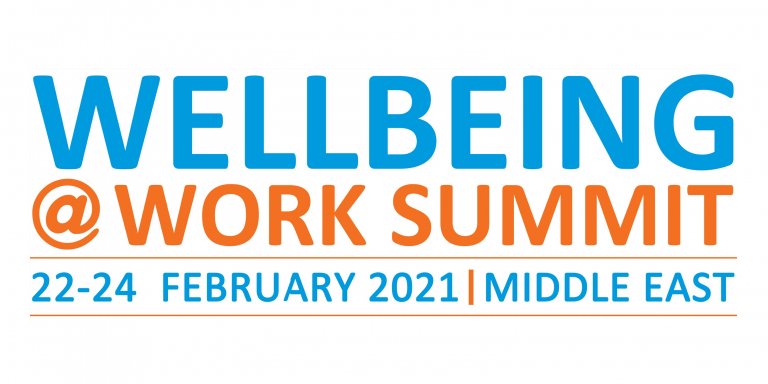Written by: Cinzia Nitti
A working environment characterized by greater Diversity & Inclusion has more chance of being a place where new ideas and perspectives flourish: inclusive businesses benefit from those who feel very included and motivated in the Organisation. Companies with more culturally and ethically diverse Teams are 33% more likely to see better than average profits (McKinsey, 2017).
The Wellbeing @ Work Summit Middle East 2021 brought to light the need and urgency to put individuals and interactions over profits within the panel session dedicated to Creating a Holistic and Inclusive Wellbeing Strategy. The panel has been moderated by Chris Cummings (CEO Sonas Events) and joined by Irada Aghamaliyeva (MENA Diversity, Inclusiveness & Wellbeing Leader – EY), Funda Kalemci (Global Leader, Diversity & Inclusion – Nielsen), Mimi Nicklin (Author and Empathetic Leader) and Öykü Kayaalp (Diversity & Youth Programs Professional – Vodafone Turkey).
According to the valued speakers, true Diversity and Inclusion have to create a sense of belonging, breaking the Mental Health Stigma and Empathy. So Emotional wellness turned out to be the core of those two elements: in fact, it generates wellbeing and inclusiveness at all levels.
The covid-19 pandemic showed employees how frustration and emotional fragility affect performance and inclusion, even within the most well-structured and diverse Team. Filling the gap between self-expectations, dealing with such an unexpected “new normal” and an Organisation’s goal, proved to be a complex challenge that both employees and leaders had to face suddenly. Creating a work-life balance has been crucial to supporting the new “Smart Working Model” imposed by the pandemic.
How to maintain and strengthen a sense of belonging through screens and virtual work-spaces?
Irada Aghamaliyeva and Öykü Kayaalp firmly agreed on “connecting and communicate through a deep understanding of various cultures at the Workplace, whether physical or from home”. It is key to set a balanced environment where employees feel totally appreciated and valued – the reduction of work stress highlighted a decrease of stereotyping and a more open-mindedness towards intercultural awareness. It can be faced and strengthened through coaching sessions and encouraging employees to speak out freely and fearlessly about what makes them feel inadequate. Break the workplace Mental Health Stigma thanks to self-acceptance is the first step to creating a more inclusive culture, relation and support between employees and leaders.
What role plays Empathy in this framework and why it so crucial in an inclusive culture?
Empathy is the pixie dust that bridges the Diversity and Inclusion gap. Practicing and nurturing Empathy within the Organisations is the starting point from which Leaders and employees should consider the value of their interactions. Listening – not just hearing – is crucial: so often in HR and Leadership people listen to respond, but they don’t really stop and focus on what’s the inner need on the other side. To empathize is the choice to understand, it is a skill that we all can own through practicing kindness and active listening. “True Diversity and Inclusion has to begin with Empathy because if we don’t understand each other, how are we going to integrate?” Mimi Nicklin
Also, when employees are largely satisfied of their experience within the Company on an empathetic level, they are more likely to report high intent to stay with the Company and be high performers. “At Nielsen IQ we have a Global Wellness Framework lead by global HR Teams that works on four pillars: physical wellbeing, emotional wellbeing, financial wellbeing and environmental & social wellbeing”, Funda Kalemci affirmed, highlighting the importance of Mental Health within Global companies.


